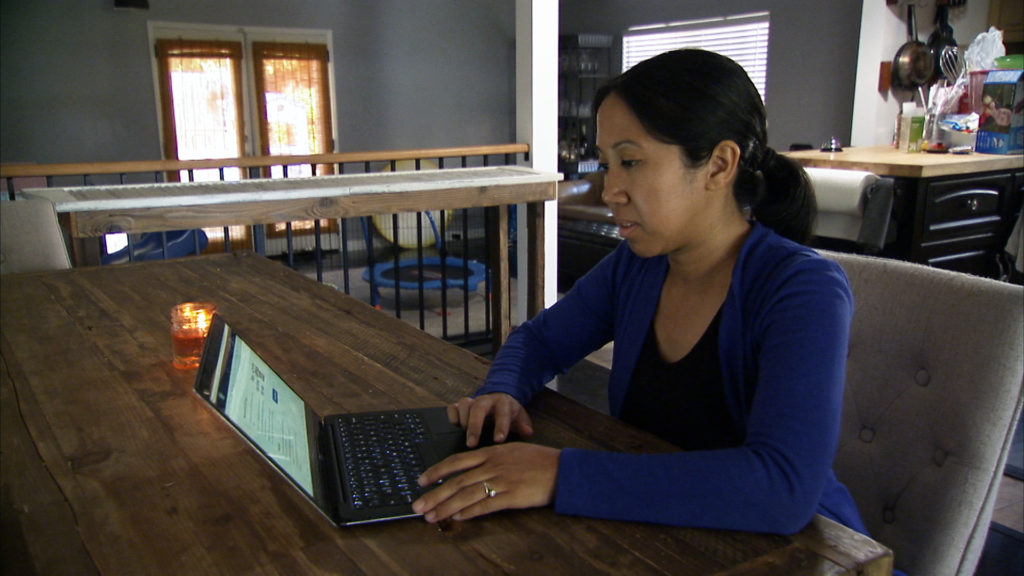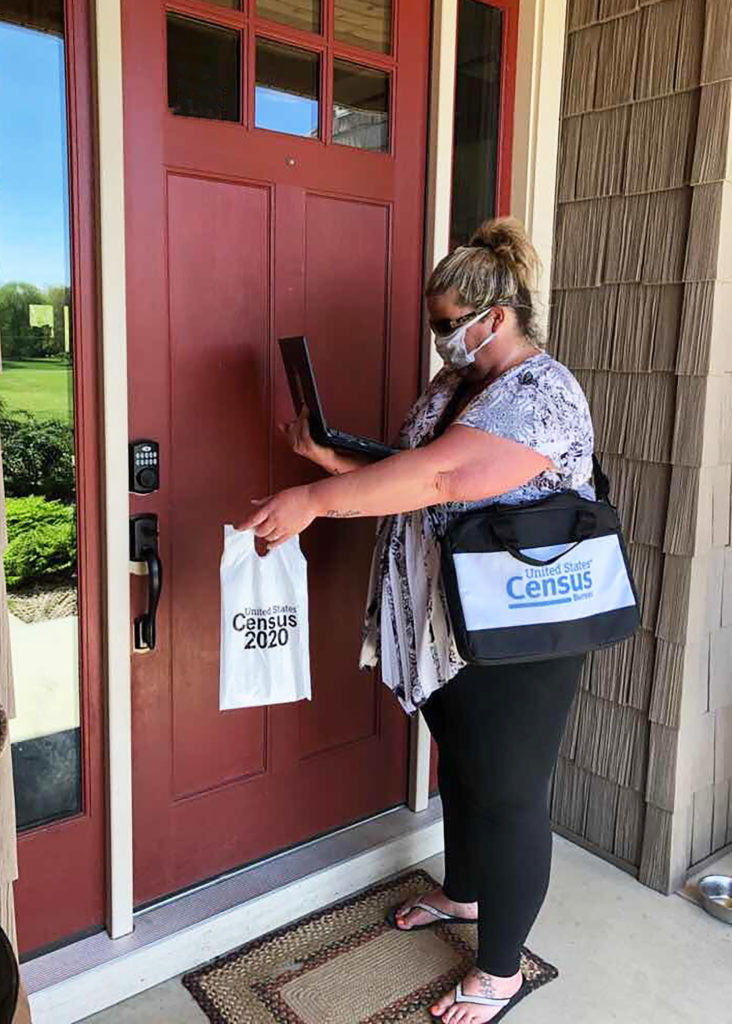By Esther Fifelski, City of Holland
The Constitution requires that every person residing in the United States and U.S. territories be counted every 10 years though a Census.
The data derived from the Census determines how billions of tax dollars are distributed to states, cities, and local organizations and individuals. Michigan also uses the data to distribute sales tax revenue to communities. More importantly, the population numbers determine the number of representatives our state has in Congress and is used to set congressional and state legislative districts.
Why participate? The Census impacts every person, every day.
Locally, Census numbers direct dollars toward roads, schools, healthcare, and many other areas.
Businesses use local demographic information to make the best decisions for their companies. The data help determine location, market size, and other demographic information to put them in the best spot to succeed. Developers use the data to determine housing and economic development needs. Employers use Census data to look at the local talent base.
Census figures even impact grants that fund everything from critical research to special initiatives serving the most vulnerable populations.
We take for granted the many services available in our community for residents, from the moment we rise in the morning to the moment we go to bed. Throughout our life, we benefit from Census data dollars. If you are interested in learning more about Census dollars, visit George Washington University’s Institute for Public Policy site that has an abundance of information.
Because it is used in so many ways, a complete Census count is important. As of Aug 3, the national participation rate was 63 percent. Michigan’s self-response rate was 68.8 percent, and Allegan and Ottawa county’s rates are 70.5 and 77.2 percent, respectively.
And the City of Holland’s participation rate was 74.6 percent – a higher level than the national and state counts; Holland is competitive! We understand the reality of what these dollars mean for our community.
In that competitive spirit, I challenge Holland city residents to have a 100 percent participation rate. Now more than ever, we need to be counted!
Census workers will start knocking on doors of those who have not responded in mid-August through Sept. 30. Remember, the Census will never ask for a Social Security number, bank or credit card numbers, or anything related to politics, and it will never collect money. While statistical data is shared, such as the number of people in a town, each individual’s response is confidential for 72 years.
Today, we have the luxury of speed, efficiency, and a more sustainable practice in doing the Census.
This year all residents in the United States and U.S. territories can submit their Census online or by phone. I encourage on-line participation, which creates less waste and reduces the impact on forests, energy use, climate change emissions, and air and other pollution.
To avoid knocks on your doors, save taxpayer dollars, and promote sustainable practices, complete the Census on-line at https://2020census.gov/en/ways-to-respond.html.
Esther Fifelski is human relations director for the City of Holland with responsibilities including the city Human Relations Commission, International Relations Commission, and youth services.
ABOUT THIS SERIES
Living Sustainably is a collection of community voices sharing updates about local sustainability initiatives. It is presented by the Holland-Hope College Sustainability Institute, a joint project of Hope College, the City of Holland and Holland Board of Public Works. Go to www.hope.edu/sustainability-institute for more information.
This Week’s Sustainability Framework Theme
Community & Neighborhood: The places we live and the individuals we interact with support the development of our personalities and perspectives on life. Encouraging vital and effective communities is essential.




